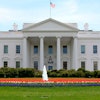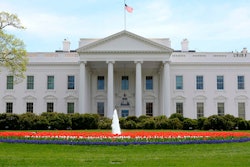Dr. Rowena Tomaneng was part of the tiny 1.5% of Asian American Pacific Islander college presidents nationally when Berkeley City College hired her to  Dr. Rowena Tomaneng
Dr. Rowena Tomaneng
But ironically, it also dropped her from the sliver of college CEOs of AAPI and Desi ancestry.
As Wyman Fong, a longtime advocate for multiplying the number of AAPI and Desi senior leaders, puts it: “This is like a zero-sum game.”
Indeed, the dearth of AAPI and Desi college presidents is nothing new. Every time someone of this racial demographic becomes a president, observers say, it seems to coincide with someone else’s departure. Promotions like Tomaneng’s, coupled with retirements, have fueled an intractable scarcity of AAPI and Desi presidents.
Only 3.6% of U.S. college presidents are AAPI or Desi, according to the 2022 American College President Study, the most recent year for which statistics are available. Desi people are those with ancestral ties to India, Pakistan, or Bangladesh. The survey encompasses community colleges along with four-year institutions. This 3.6% is so paltry that a 2023 report by the American Council on Education stated, “We are unable to highlight unique and varied experiences of AAPI-Desi” presidents.
“We have not really advanced as much as those of other (nonwhite) affinity,” says Tomaneng. “Our numbers are small compared to others such as African Americans and Hispanics.”
In the 2022 study, African Americans made up 13.2% of higher education chief executives, while Hispanics were 5.7%.














